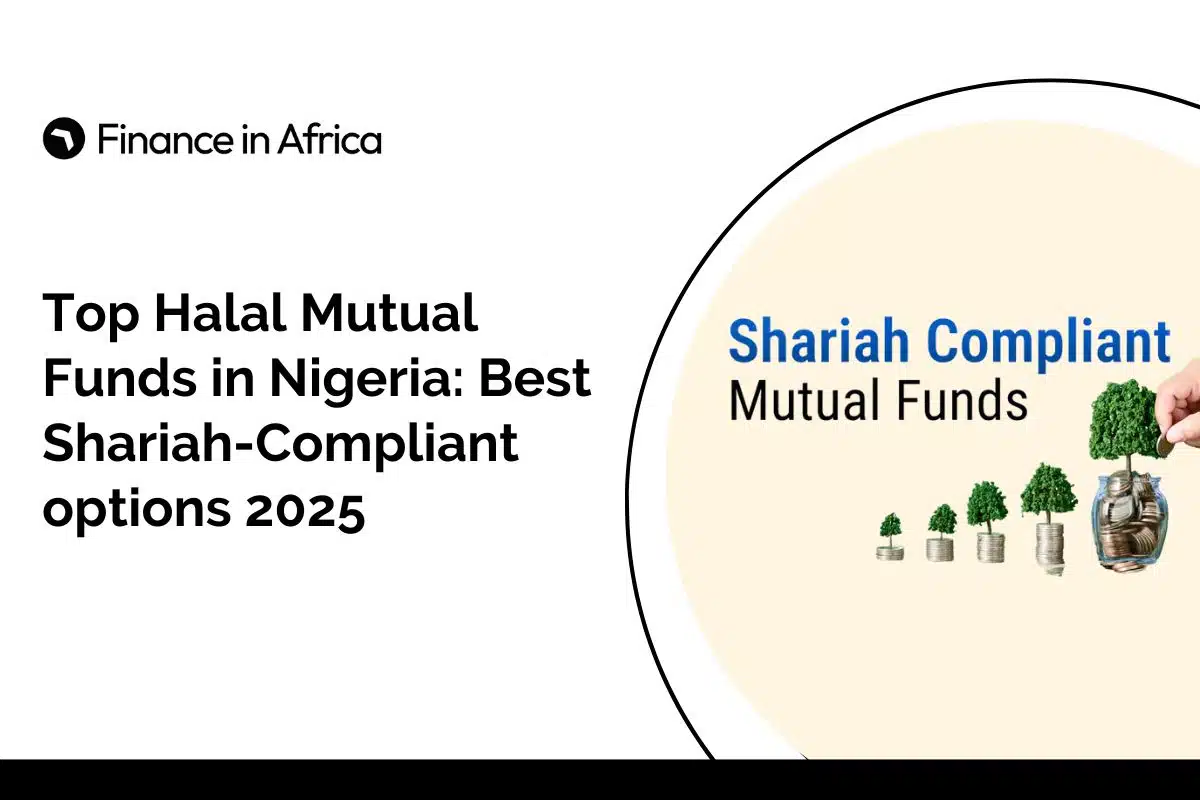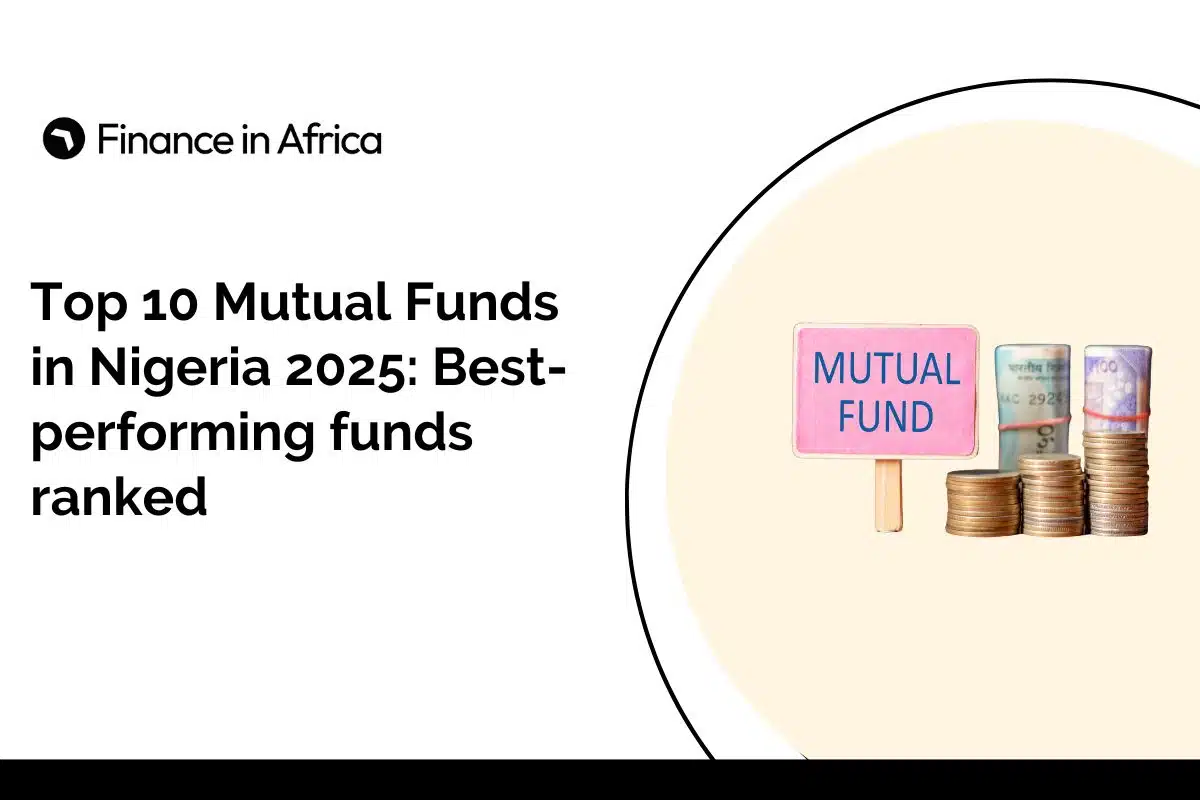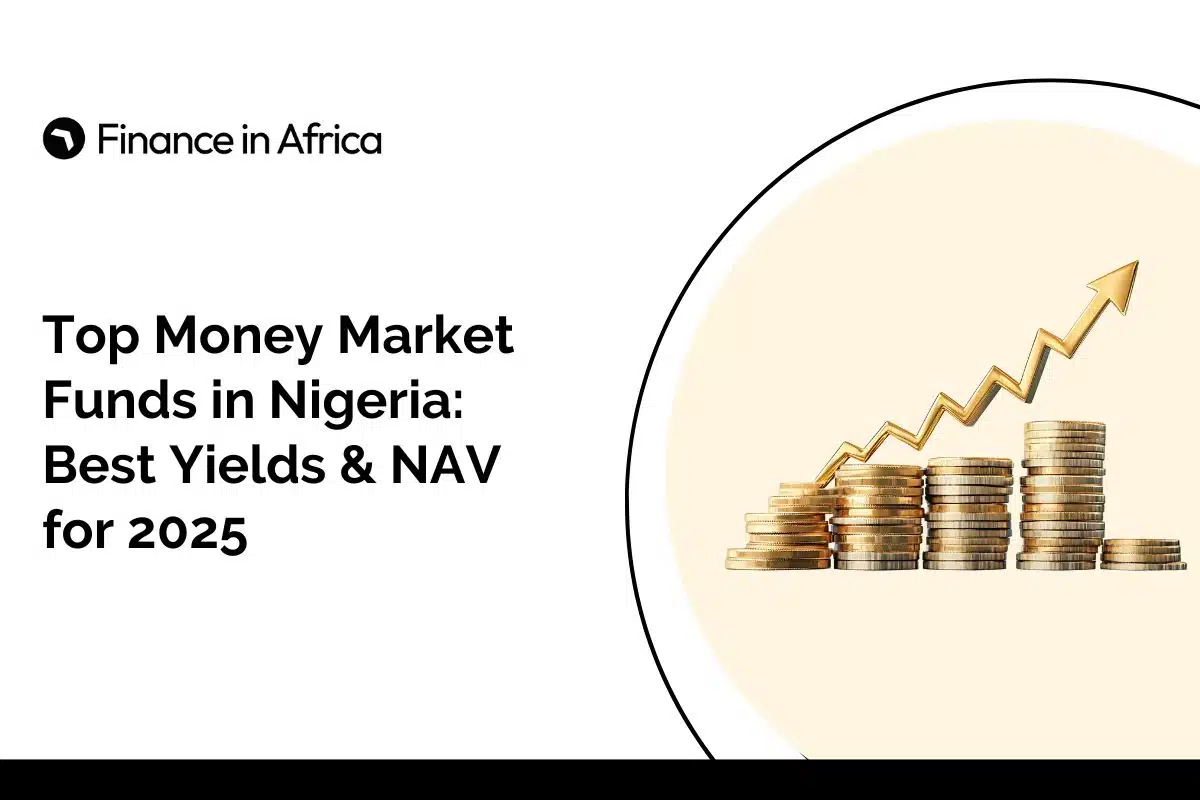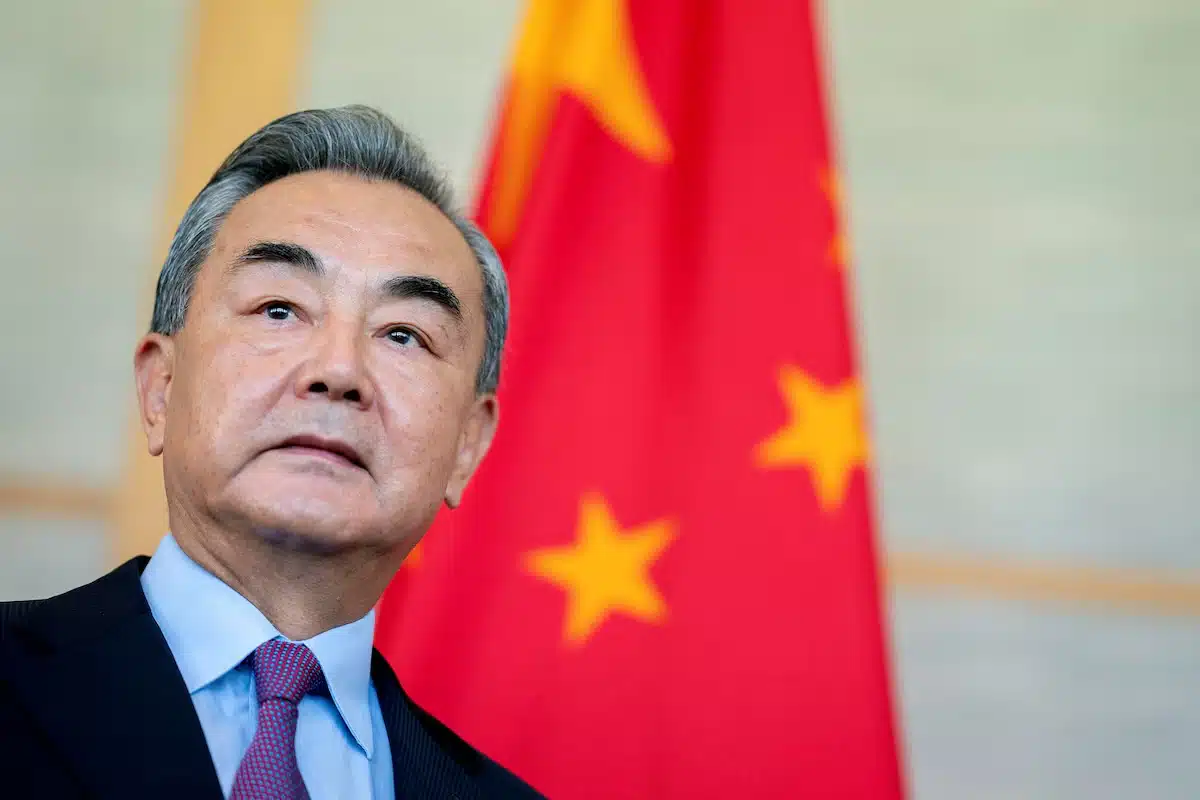Recently, the Group Managing Director of Afrinvest, Ike Chioke, averred that the appetite for Sharia-compliant funds was high in Nigeria.
Chioke made this remark at the launch of the company’s latest mutual fund, the Afrinvest Halal Fund (an open-ended unit trust scheme offering 25 million units at ₦100 each, amounting to a public offer size of ₦2.5 billion).
If you’ve been looking for a low-risk, ethical way to make your savings work harder, these funds might be your best bet.
What exactly are Halal Mutual Funds?
Halal mutual funds are collective investment schemes that pool money from investors and channel it into assets screened to comply with Islamic finance principles.
Unlike conventional mutual funds, which can invest in virtually any profitable sector, Halal funds avoid companies and instruments that derive income from activities prohibited under Sharia law (such as alcohol, gambling, conventional banking interest, tobacco, or adult entertainment).
Instead, they focus on ethical, asset-backed, and interest-free ventures.
This article focuses on the best-performing Halal mutual funds for 2025.
List of the best Halal Mutual Funds in Nigeria
The most up-to-date weekly Net Asset Value (NAV) data for these funds were monitored using available data as of H1 2025 from the Securities Exchange Commission.
In no particular order, here are some of the top-performing Halal mutual funds worth considering:
| Halal Mutual Funds | Funds Manager | About |
| Lotus Halal Equity ETF (Lotus Capital) | Lotus Capital | Shariah-screened equities via NSE index tracking |
| Afrinvest Halal Fund | Afrinvest AMC | Diversified mix of fixed income and equity |
| FSDH Halal Fund | FSDH Asset Management LTD | Sukuk-driven fixed income portfolio for long-term income |
| FBN Halal Fund | First Asset AM | Registered fund offering growth with compliance |
| Capitaltrust Halal Fixed Income Fund | Capital Trust | Sukuk-only fixed income fund for conservative investors |
| ARM Shariah-Compliant Fixed Income Fund | ARM SFIF | Sukuk and income contracts with regular payouts |
| Stanbic IBTC Shariah Fixed Income Fund | Stanbic IBTC Funds Management | Sukuk-based with growth potential and capital protection |
In practical terms, an investor in a Halal fund buys units, just like in any other mutual fund.
The fund manager then invests these pooled resources in Sharia-compliant stocks, sukuk (Islamic bonds), and other permissible instruments. Investors earn returns not from interest, but from profit-sharing, dividends, or capital appreciation of the assets.
Here’s a deeper insight into the performance of these top Halal Funds:
1. Lotus Halal Equity ETF (Lotus Capital)
- Minimum investment: ₦5,000
- Where monies go: into the basket of equities that make up the NSE-Lotus Islamic Index (Shari’ah-screened Nigerian listed stocks
Lotus’s Halal Equity product is the most direct way for Nigerian investors to get Shari’ah-compliant exposure to domestic equities because it tracks an Islamic index (the NSE-Lotus Islamic Index).
As an ETF, it offers intraday tradability on the exchange (so price discovery is public) and is useful for investors who want passive equity exposure without active stock selection. Because it is equity-focused, expect higher volatility than the fixed-income Shari’ah funds below, but also higher long-term return potential when the Nigerian market rallies.
2. Afrinvest Halal Fund (Afrinvest AMC)
- Minimum investment: ₦10,000
- Where monies go: predominantly FGN/state/corporate sukuk, selected Shari’ah-compliant equities, and cash in non-interest-bearing accounts.
Afrinvest launched a dedicated Halal fund positioned as an open-ended unit trust that mixes sukuk, Shari’ah-compliant equities and other Islamic instruments.
The Fund is benchmarked against the 10-Year FGN Sukuk, with a projected annual return of 19%. However, returns may vary based on market performance.
The manager markets the fund to both retail and institutional Shari’ah-sensitive investors, and Afrinvest’s public material highlights a sukuk-and-equity blend and the governance provided by a Shari’ah Advisory Council.
The fund’s proposition is straightforward: deliver competitive returns while avoiding interest-bearing instruments, and use sukuk and screened equities as the return engines.
3. FSDH Halal Fund
- Minimum investment: ₦5,000 initial and subsequent ₦5,000 increment
- Where monies go: sovereign and sub-sovereign sukuk, corporate sukuk, leasing/trading contracts and other Shari’ah-compliant income instruments.
FSDH’s Halal Fund (FHLF) is pitched as a conservative, Shari’ah-compliant fixed-income style product, focusing on capital preservation and inflation protection through sukuk, leasing contracts, and other permissible contracts.
Practically, this fund is for investors who want the lower volatility of fixed-income instruments but insist on Shari’ah screening.
Typical buyers are conservative retail savers, family offices, and institutions with liquidity needs but a faith-based mandate.
4. FBN Halal Fund (First Asset AM)
- Minimum investment: ₦5,000
- Where monies go: a mix of Shari’ah-compliant fixed income instruments and screened equities as allowed by the fund’s mandate.
First Asset’s FBN Halal Fund is an open-ended mutual fund with a clear retail focus, featuring a small minimum ticket and Shari’ah oversight.
It has a mandate to deliver medium-term income and capital appreciation through permitted instruments.
The fund benefits from the distribution network and brand trust tied to the FBN group ecosystem (advice and onboarding via branch/online channels), which is a practical advantage for retail adoption
5. Capitaltrust Halal Fixed Income Fund
- Minimum investment: ₦10,000
- Where monies go: over-sovereign and sub-sovereign sukuk, corporate sukuk, leasing/trading contracts (excluding interest-bearing T-bills or conventional bonds).
Capitaltrust’s Halal Fixed Income Fund is a classic retail fixed-income Halal product.
It has a conservative mandate, quarterly profit distributions, and an explicit focus on capital preservation.
The product targets investors seeking steady income without equity volatility; the manager emphasizes diversification across sovereign and corporate sukuk, as well as adherence to Shari’ah governance.
6. ARM Shariah-Compliant Fixed Income Fund (ARM SFIF)
- Minimum investment: ₦10,000; additional ₦1,000 increments; institutional initial ₦20,000,000. Minimum holding of 90 days
- Where monies go: primarily sovereign and corporate sukuk, Shari’ah-compliant fixed-term instruments (plus permitted income contracts such as Murabaha/Mudarabah within stated allocation ranges).
ARM’s SFIF is one of the newer, well-packaged Shari’ah fixed-income offerings from a major manager with an established distribution and technology stack (ARMOne).
The public fact sheet is explicit about strategy. There’s minimum credit quality, a sukuk-heavy allocation (70%–100% sukuk exposure in the fact sheet’s allocation box), and a benchmark blend (70% 3-year Nigerian sovereign sukuk / 30% 3-month short-term index).
Meanwhile, ARM publishes a clear minimum subscription structure and fees; the fact sheet shows the initial retail minimum at ₦10,000 with small top-ups allowed and a 90-day minimum holding period.
These details matter to retail and SME investors.
7. Stanbic IBTC Shariah Fixed Income Fund
- Minimum investment: ₦5,000
- Where monies go: primarily FGN/sovereign sukuk and short-term Shari’ah-compliant instruments.
Stanbic IBTC’s Shari’ah fixed-income fund is one of the larger, better-documented Shari’ah fixed-income products in the market.
As monitored on the Cowrywise platform, this halal mutual fund has a Year-To-Date return of 4.10%
Stanbic’s offering is sukuk-centric (with a minimum 70% sukuk allocation) and targets investors seeking Shari’ah-compliant liquidity and yield.
Its larger scale and research team also mean you receive institutional research and monthly market commentary embedded in the fact sheets.
How to invest in Halal Mutual Funds in Nigeria
Here are the steps you can follow to start investing in any of these top Halal mutual funds: .
Step 1: Your due diligence
Confirm Shariah board details, fund objective, minimum subscription, fees, lock-ins, and redemption terms. For example, in the Afrinvest Halal Fund, the subscription form and product page are published by the manager.
Step 2: Check the regulator and registration
Confirm the fund is SEC-registered and that the manager is a licensed asset manager. SEC resources on collective investment schemes serve as a valuable verification step.
Step 3: Prepare KYC documents
Typical documentation may include a valid ID (such as a passport, driver’s license, or national ID), proof of address (such as a utility bill or bank statement), a passport photograph, a completed account/registration form, and bank details for settlement. Nigeria uses tiered KYC regimes. So expect to provide these details.
Step 4: Open an investment account
You can open directly with the fund manager or through an authorized distributor (commercial banks, stockbrokers, online investment platforms). Many managers have online subscription forms. You simply need to complete the form and upload your KYC documents.
Step 5: Fund your subscription
Transfer payment as instructed in the prospectus (bank transfer is the standard method). For public offerings, there may be an initial offer period and a minimum subscription requirement. Keep payment evidence.
Step 6: Receive confirmation and unit allocation
After processing, the manager or registrar issues a confirmation and your initial unit allocation. Check the issued units against the NAV.
If you plan to invest regularly, set up standing orders or a debit mandate and consider requesting periodic investment plans (if available).
Step 7: Redeem when ready
Follow the fund’s redemption process (note notice periods and NAV application days). You should also be aware of any exit fees or timing constraints that may apply.
One of the primary advantages of Mutual Funds, including Halal mutual funds, is that they provide small-scale investors with access to professionally managed, diversified portfolios of equities, bonds, and other securities.
Each shareholder, therefore, participates proportionally in the fund’s gain or loss.











